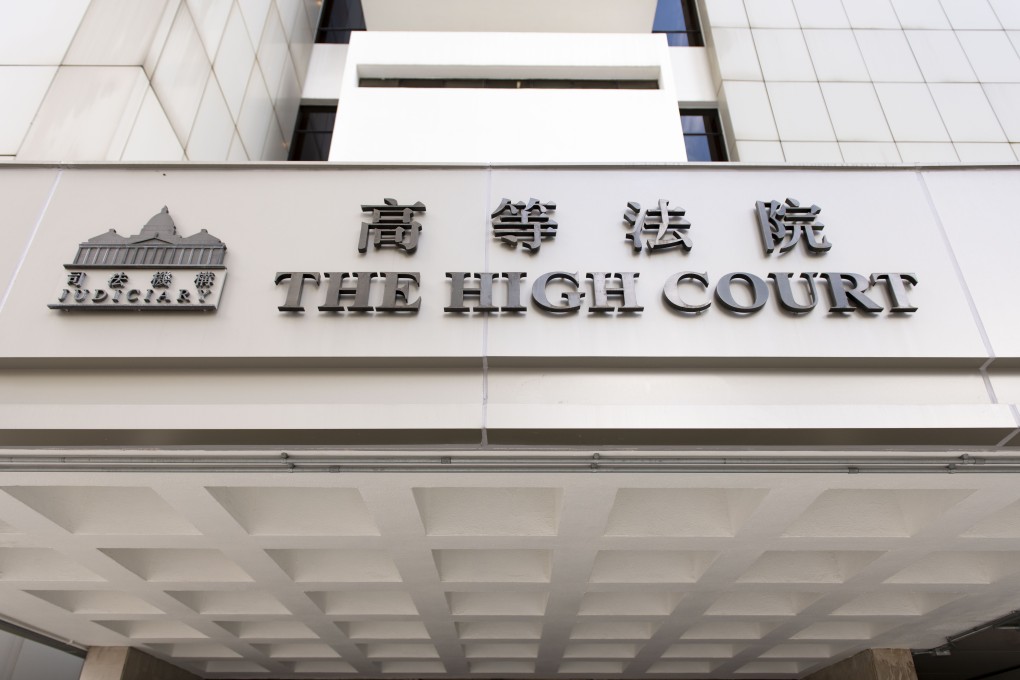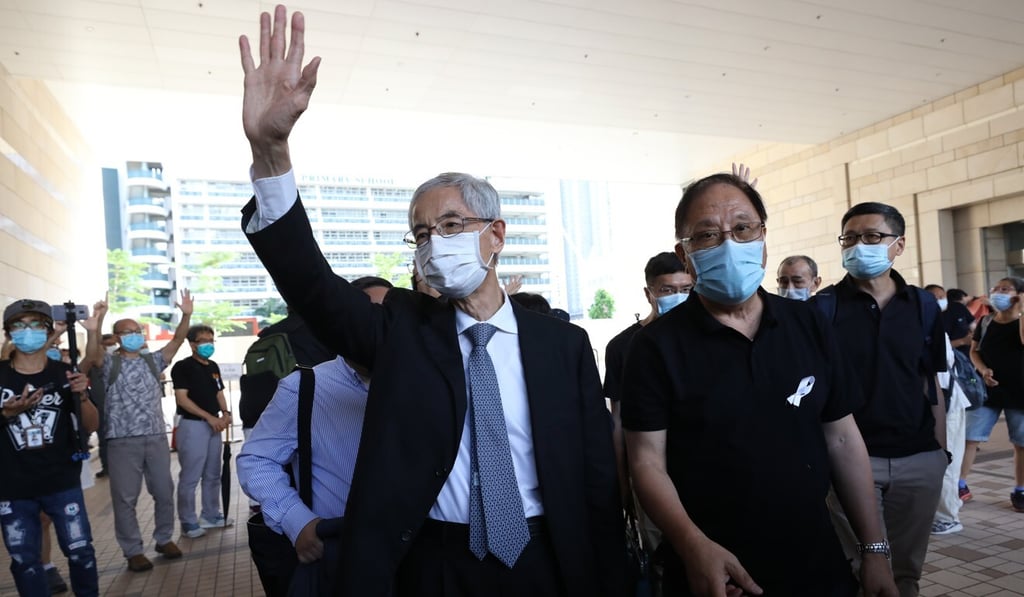Hong Kong protests: five opposition figures lose judicial bid to stop police accessing their mobile phones
- Veteran pan-democrat Martin Lee and four others had lodged judicial challenge over wide power granted to police in a warrant two months ago
- Justices Alex Lee and Russell Coleman rejected the idea that the order gave authorities the ability to embark on a fishing exercise

A Hong Kong court has dismissed an application by five opposition figures charged over unauthorised assemblies seeking to prevent police from accessing their phones, rejecting their suggestion the search was arbitrary and disproportionate.
The High Court ruled against veteran pan-democrat Martin Lee Chu-ming and four others – Albert Ho Chun-yan, Au Nok-hin, Sin Chung-kai and Yeung Sum – on Thursday in a judicial challenge lodged two months ago that took aim at a police search warrant to access phones confiscated during their arrests.
While their lawyers argued the warrant was loosely written and lacking in precise detail, two Court of First Instance judges rejected those claims, saying the document contained clear cross-references.
Justices Alex Lee Wan-tang and Russell Coleman also rejected the assertion that access granted by the warrant would allow police to embark on a fishing exercise.

The power granted by the warrant, they said, merely allowed for a “cursory inspection” to screen out what was not required, and limited police to information relevant to the investigation.